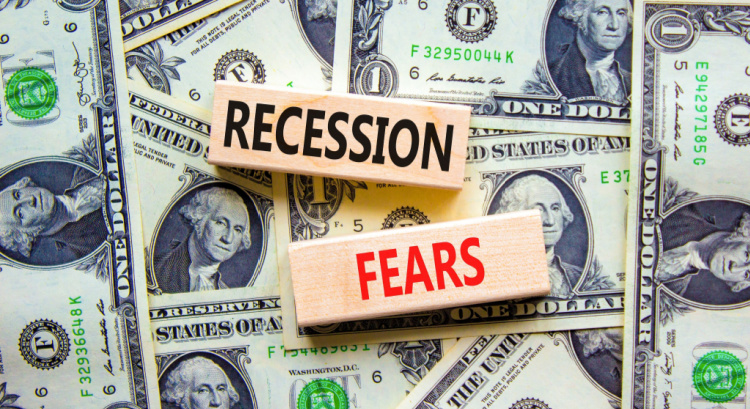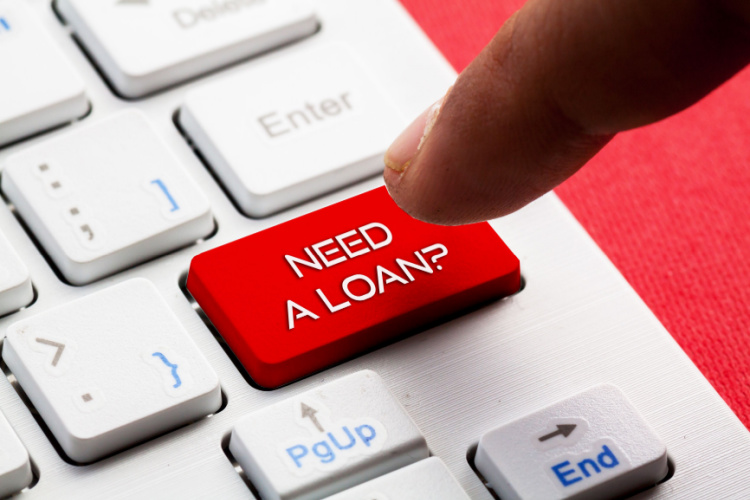Why You Should Avoid These Things During A Recession
The word ‘recession’ can stir up fear, incite questions, and trigger worries of unmanageable financial hardship. But while a sluggish economy or an ongoing recession can impact your personal finances, it doesn’t have to be catastrophic. You can limit your financial risks during difficult economic times by being better informed and proactive when it comes to decisions that affect your money and your budget.
Below are some of the financial risks you’ll want to avoid when weathering a recession while still trying to save for a rainy day.

Taking On An Adjustable-Rate Mortgage
There are times when taking out an adjustable-rate mortgage (ARM) makes sense, especially when interest rates are low; your monthly payment will stay low as long as the interest rate is low. But while interest rates often fall at the beginning of a recession, they tend to rise later as the economy begins to recover. An ARM taken out during a recession will likely be subject to higher interest rates when the downturn comes to end, and you’ll find yourself facing higher monthly payments. Instead of availing yourself of an ARM, consider seeing if you qualify for locking in a lower fixed rate on a mortgage refinance.

Co-signing For A Loan
In good economic times or bad, if you co-sign on a loan and the borrower doesn’t make the required payments, you might have to make them instead. During a recession or an economic downturn, the risks that come with co-signing a loan could be even higher given the possibilities of job loss and decreased income. It’s important to remember that co-signing could potentially leave you on the hook for the life of a loan and that the financial consequences for you could be significant. If possible, look for alternatives to co-signing such as making a personal loan or assisting the borrower with a down payment.

Assuming Additional Debt
When the economy isn’t doing well, you ought to think twice before taking on any new debt. If possible, postpone taking out a home equity line, car loan, or student loan unless absolutely necessary. When the economy has slowed, the level of financial risk for individuals and companies increases. If you’re laid off from your job or lose business income, you may find yourself having to take on additional work in order to cover the costs of any debt you’ve incurred. To avoid increasing your level of debt, postpone making big purchases, and pay cash for as many purchases as possible–big or small. By making just a few small changes, you’ll keep your debt at a minimum until the economy shows signs of a turnaround.

Taking Employment For Granted
Many things can change significantly during a recession. Consumer spending drops. Businesses and corporations come under financial pressure. And, all too often, the employment landscape experiences dramatic swings. You need not look any further than the technology industry to be reminded of how unstable employment can be when the economy is struggling. In 2022, with the threat of recession looming, large tech companies made the decision to make drastic cuts in their workforce. For example, Amazon.com, Inc. (AMZN) announced the elimination of 10,000 jobs and Facebook parent company Meta Platforms, Inc. (META) said goodbye to 11,000 employees.
During a recession, job opportunities are harder to find so it makes sense to think twice before leaving a job that you’ve come to rely on for dependable income. Additionally, older workers that retire during a recession could experience a decline in their income as well as their retirement portfolio. If the economy isn’t robust as you near retirement, you might want to put off permanently leaving the workforce until the economy rebounds. Otherwise, you might find that the ‘golden years’ of retirement have lost their luster, at least for the time being.
